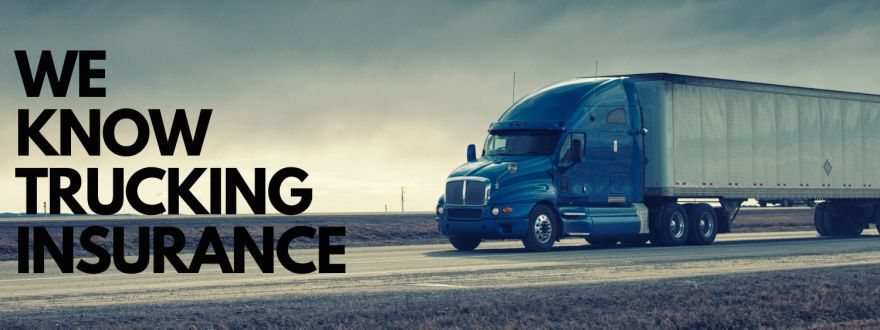
Can All Insurance Agents Provide Commercial Trucking Insurance?
Imagine a new 16-year-old driver, just learning how to maneuver a small hybrid, getting behind the wheel of a 10-ton dump truck. It would resemble a monster truck rally, with cars being run over by an oblivious driver. Obtaining a CDL license requires hours of studying and practice to ensure safety on the road. Even with a CDL license, a tow truck driver may not feel comfortable driving a semi or dump truck. Experience sets apart a good driver from a bad one, highlighting the responsibility these trucks carry.
What Sets Commercial Trucking Insurance Agents Apart?
Similarly, not all insurance agents are equipped to handle commercial trucking insurance. Getting an insurance license involves studying and passing a test, but this knowledge is often foundational, focusing on common coverages like home and basic auto insurance. Business insurance, especially commercial auto insurance, is a niche area that requires specialized knowledge. Within this sector, only a select few agents, known as Transportation Risk Specialists (TRS), have dedicated themselves to this discipline. These agents have a thorough understanding of the unique risks associated with commercial trucking.
Does your agent know the difference between exempt and non-exempt commodities? Do they understand Interstate vs. Intrastate regulations? Are they aware of when your MCS-150 biennial update is required, what a BOC-3 filing is, or what an MCS-90 endorsement entails? Do they know when you're exempt from paying Workers Comp? We have the answers to all these questions and more.
The Benefits of Using a Trucking Insurance Specialist
Many agents claim they can provide coverage for commercial autos, which may be technically true. They might have access to one or two companies offering standard coverage. However, commercial trucking insurance specialists have access to numerous companies that provide specific coverage for your trailer, cargo, and increased liability limits for catastrophic scenarios. One of our partners offers exceptional coverage and rates specifically for dump trucks—a small company that many agents don’t have access to, providing competitive rates.
How to Find a Commercial Trucking Insurance Agent
When searching for commercial trucking insurance, look for agencies that specialize in your line of business and understand the unique terminology. Some agents are more experienced with short-haul rather than long-haul trucking, and some may not be familiar with reefer trucks or hauling hazardous materials. Here are a few questions to ask your current or potential agent to gauge their understanding of your needs:
-
How many companies do you work with that provide commercial trucking coverage?
-
Do you provide coverage for owner-operator power units?
-
What increased limits should I have when driving my [specific type of truck]?
-
Do you know what filings are and where to find them online?
-
Do you have a company that covers my cargo and specific type of truck (e.g., Hazmat, Aggregate, Reefer, Mover)?
If your agent can confidently answer these questions, you're likely in good hands. If not, keep searching. Or give us a call at 850-244-1574. We can answer all these questions and more. Start a quote with us today at https://norton-insurance.com/
Informational statements regarding insurance coverage are for general description purposes only. These statements do not amend, modify or supplement any insurance policy. Consult the actual policy or your agent for details regarding terms, conditions, coverage, exclusions, products, services and programs which may be available to you. Your eligibility for particular products and services is subject to the final determination of underwriting qualifications and acceptance by the insurance underwriting company providing such products or services. This website does not make any representations that coverage does or does not exist for any particular claim or loss, or type of claim or loss, under any policy. Whether coverage exists or does not exist for any particular claim or loss under any policy depends on the facts and circumstances involved in the claim or loss and all applicable policy wording.







